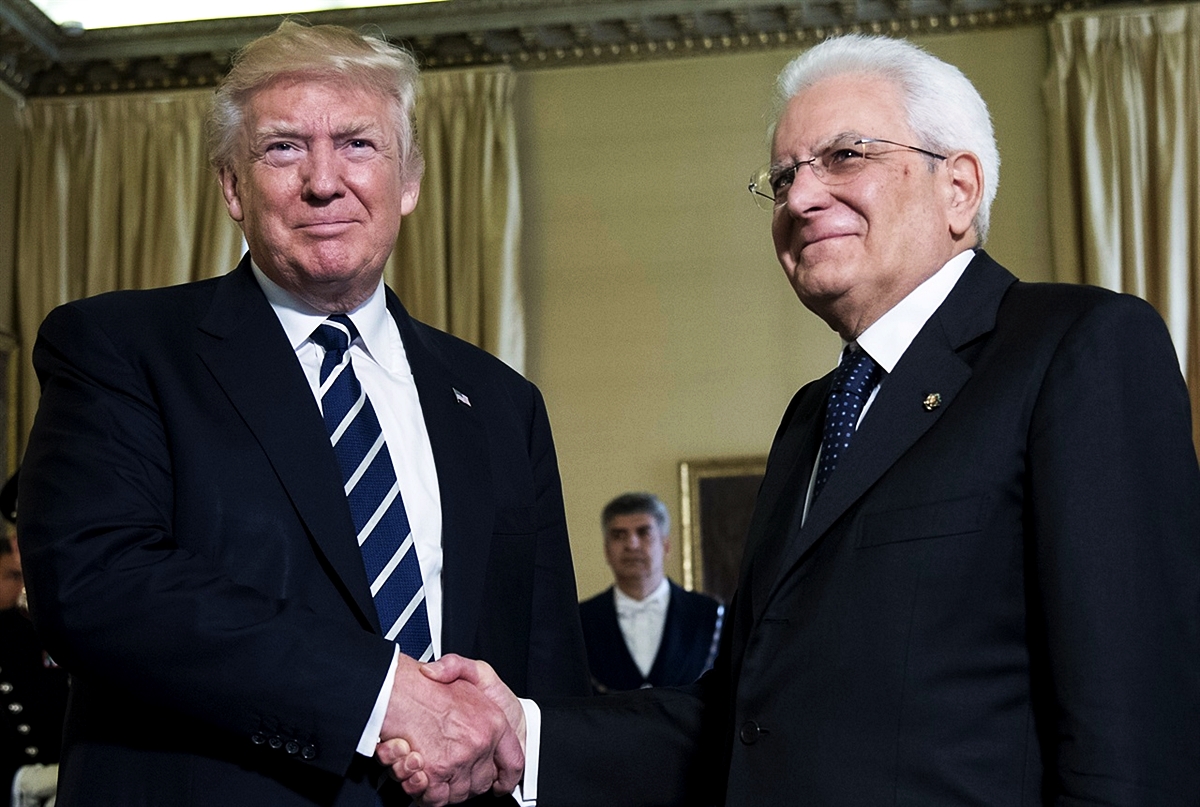As always, the outcome of the U.S. presidential election is sending ripples through Italian politics. Donald Trump’s victory is already influencing the strategies and positions of political parties across the spectrum, with some consequences easy to predict and others still uncertain, particularly regarding economic and diplomatic decisions that the new president might take.
On the right, we can expect a shift towards more hardline positions on identity issues, especially immigration. There’s also likely to be a re-evaluation of Italy’s military support for Ukraine, alongside a potential repositioning of Prime Minister Giorgia Meloni’s government within Europe, with the goal of making Italy a key partner for the United States in the region. On the other side, Giuseppe Conte’s long-standing admiration for Trump will likely drive an even deeper rift between his Five Star Movement and the Democratic Party, especially on foreign policy.
There are at least two clear economic impacts expected from Trump’s victory. First, the likely rise in tariffs, as he had promised during his campaign, will complicate Italian exports, harming the country’s GDP. Second, Trump’s repeated calls for NATO members to increase defense spending to 2% of GDP will put pressure on Italy, which has consistently fallen short of this target and will now need to make costly investments to meet it.
Predictably, the first Italian leader to comment on Trump’s victory was Matteo Salvini, head of the League, who expressed enthusiastic support, emphasizing that he had been the only one in the right-wing coalition to openly back Trump. Despite their strained relationship in the past, Salvini now sees an opportunity to shift his party even further to the right, tapping into the more radical elements of the Italian electorate that Fratelli d’Italia has traditionally courted.
For Meloni, as prime minister, the situation is more complex. While many of Trump’s views align with the ideological foundations of her party, she has worked hard to maintain strong ties with the Democratic administration of Joe Biden. However, her full support for Ukraine’s defense against Russian aggression could now become a point of contention, especially if Trump adopts a more isolationist stance. Meanwhile, Salvini is already pushing for a halt to military aid to Ukraine, and Meloni may find it harder to balance her current position with this growing pressure.
Diplomatically, Meloni seems poised to distance Italy from the traditional Franco-German axis and position the country as a “bridge” between the U.S. and Europe. This strategy echoes the approach taken by Hungarian Prime Minister Viktor Orbán, and Meloni’s advisors believe she can play this role even more effectively, given Italy’s greater standing in Europe. Her recent message of congratulations to Trump, emphasizing the “strategic bond” between Italy and the U.S., already hints at this shift, notably without any mention of the European Union.
On the economic front, Trump’s second term promises to bring more challenges. The rise in tariffs, particularly targeting the EU and China, could hurt Italian exports to the U.S., which is the country’s second-largest trading partner. Additionally, Trump’s focus on NATO defense spending puts Italy in a difficult position, with the government needing to find an extra €10 billion to meet the 2% target. This would strain Italy’s already fragile public finances, forcing Meloni to make tough decisions on where to allocate resources, potentially at the expense of education and healthcare.
The impact of Trump’s victory extends beyond the government. In the opposition, Conte’s positive response to the result, which contrasts with Elly Schlein’s unwavering support for Kamala Harris, is likely to deepen divisions within the center-left. As the Five Star Movement continues to struggle, Conte may try to position himself as a key intermediary with the new U.S. president, widening the rift with the Democratic Party and further fracturing the opposition.

